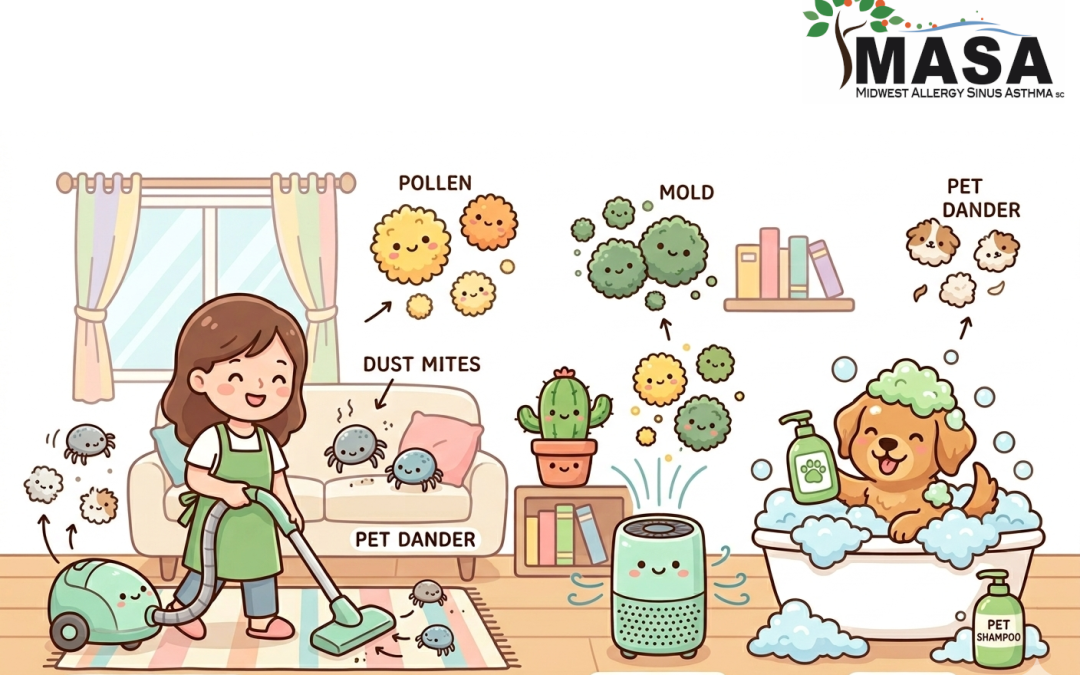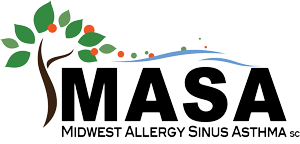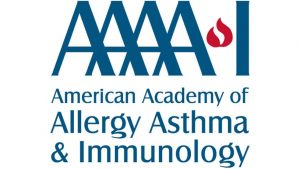Allergy Resources
Midwest Allergy Sinus Asthma, SCWhen your immune system reacts to something that commonly doesn’t bother others, it is known as an allergy. Because your immune system is your body’s best defense system against germs and other invaders, it is often responding to allergens with a false alarm in an allergic reaction. Oftentimes, those with allergies are prone to sensitivities to more than just one allergen. A person’s allergies are individualized and can range from minor reactions to life-threatening ones, such as anaphylaxis.
Symptoms can include, but are not limited to, a runny nose, sneezing, itching, rashes, swelling, or asthma. Talk to your allergist or doctor about diagnosing an allergy and possible treatments.
Related Articles:

Controlling Your Environment to Reduce Allergens
🏠Controlling Your Environment to Reduce Allergens Reducing exposure to allergens like pollen, mold, dust mites, and pet dander can significantly improve symptoms and reduce the need for medication. 🐾 Animals (Pet Dander) DO AVOID Keep pets out of the bedroom and off...

WHY WINTER IS SO DIFFICULT FOR KIDS WITH ECZEMA & TIPS FOR PARENTS (The Educated Patient Interview)
Dr. Dareen Siri's interview for The Educated Patient explains why eczema, allergies and asthma are closely related, and how early, coordinated care can change a child’s long-term health trajectory. For many families, eczema is more than dry, itchy skin — it can be the...
Access to Epipen and Inhalers: Public Acts for Central Illinois Schools
Recent public acts in Central Illinois empower schools to improve student safety by providing resources for asthma and allergy management and enabling access to Epipen and Inhaler. This page unifies essential links and resources and find out how MASA can help schools to create a safer learning environment for students with asthma and allergies.
Clinical Trial: Peanut Studies (Sticker patch) (Enrollment Closed)
Join our VITESSE clinical trial at Midwest Allergy Sinus Asthma’s SWIA Research Center in Bloomington/Normal, IL, offering a new, innovative treatment for children aged 4-7 with peanut allergies. Safe, non-invasive, and potentially life-changing. Limited enrollment – contact us to learn more!




